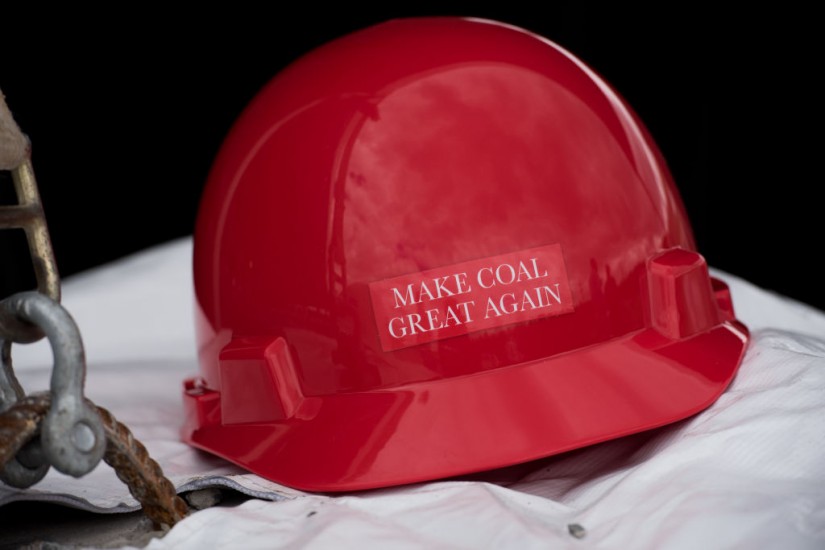Boone County claims to be the birthplace of America’s coal industry, the rich and abundant black rock discovered in these verdant hills almost three centuries ago. Coal gives name to nearly everything in these parts — the Big and Little Coal rivers, the weekly Coal Valley News, the wondrous Bituminous Coal Heritage Foundation Museum and the West Virginia Coal Festival, celebrating, as we arrive in town, its 24th year.
The festival is more state fair than true celebration of coal. There’s a carnival, a talent competition, seven beauty queens (from Little Miss Coal Festival to Forever West Virginia Coal Queen).
Late in the afternoon of the second day, high on a hill graced with the statue of a miner, there’s a small memorial service for the West Virginia men who died on the job over the previous year. The most recent was 32-year-old Rodney Osborne, pinned by mining equipment on June 14. The total deaths are five, fewer than the number of Miss Coal Festivals who wilt in the heat on the steps of the neoclassical courthouse, draped in charcoal-black sashes. No coal executives bother to show up, nor any reps from the once-robust union.
Coal mining, celebrated with rhinestones and pageantry, is an enduring legacy rather than a thriving enterprise. Which is coal country’s problem, and the challenge for its boosters. We’re stuck on the idea of coal, its potent history and Walker Evans imagery, although much of the world has moved on.
But not Boone County. Not yet.
